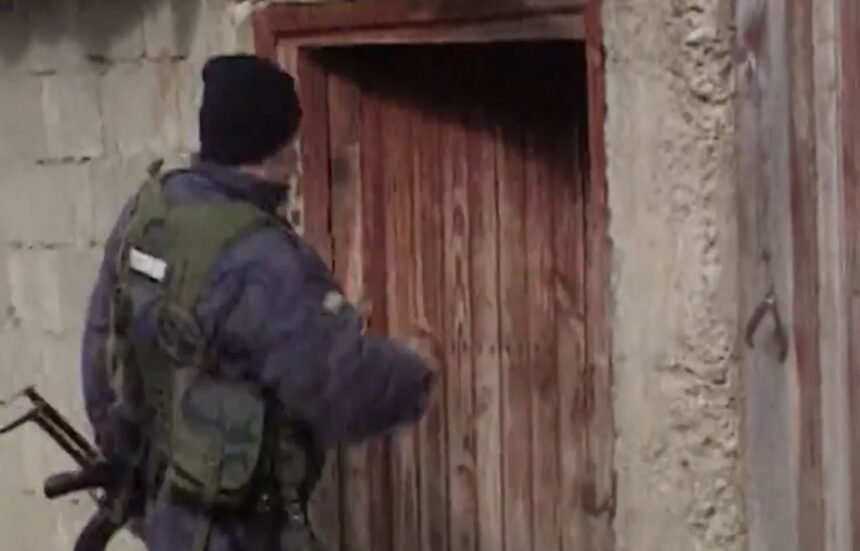Over 13,000 innocent civilians killed, hundreds of massacres committed, thousands of women raped, and entire villages burned to the ground stand as undeniable evidence of the crimes committed by the Serbian army and police during the last war in Kosovo. Yet, none of these atrocities seem to have drawn the attention of the Specialist Chambers in The Hague. Recently, the defense team of Jakup Krasniqi requested the admission of materials as evidence of Serbian crimes, but the court rejected the request.
Everywhere you go in Kosovo — in every municipality — there are visible traces of Serbian genocide against the civilian population. Nearly every family continues to suffer from the wounds caused by Serbian war crimes.
According to Professor Ismet Salihu, an expert in International Criminal Law, the current Specialist Chambers are effectively an ethnically one-sided court, as only Albanians are being prosecuted, while Serbian perpetrators remain untouched and unpunished.
“Since the international community decided to establish a war crimes tribunal in The Hague, it should have been competent to try all individuals responsible for crimes. However, a grave injustice has been committed — only Albanians are being indicted and convicted, while the Serbs, who committed countless atrocities, continue to go free,” said Salihu.
In this context, the defense of Jakup Krasniqi filed a motion before the court requesting that several materials be accepted as evidence — materials they considered important and “of probative value” in relation to the charges against him and other former KLA leaders. Yet, the Specialist Chambers dismissed as “irrelevant” several of the crimes committed by Serbian forces in Kosovo during the war, which Krasniqi’s lawyers had included in their submission.
The Humanitarian Law Center (HLC) emphasized the necessity of prosecuting and punishing war crimes and genocide committed by Serbian forces in Kosovo.
“War crimes, crimes against humanity, genocide, and all offenses under international law do not expire. They must be prosecuted and judged as long as the responsible individuals are alive and can be brought to justice, to answer for the suffering inflicted on the civilian population,” stated Amer Alija from the HLC.
Despite the thousands of crimes committed, only 74 individuals have been convicted in more than two decades — a number that highlights the shocking scale of impunity for Serbian crimes in Kosovo.







